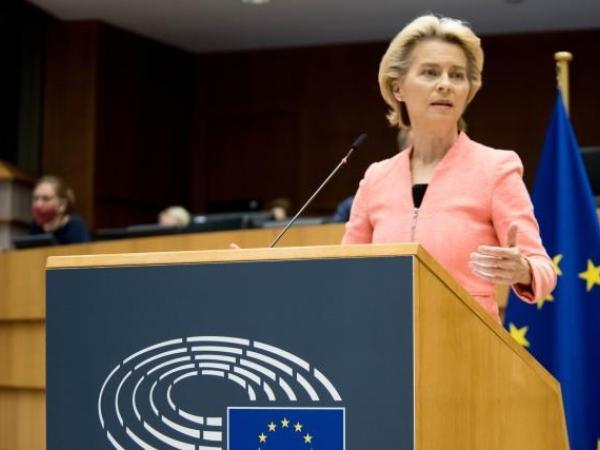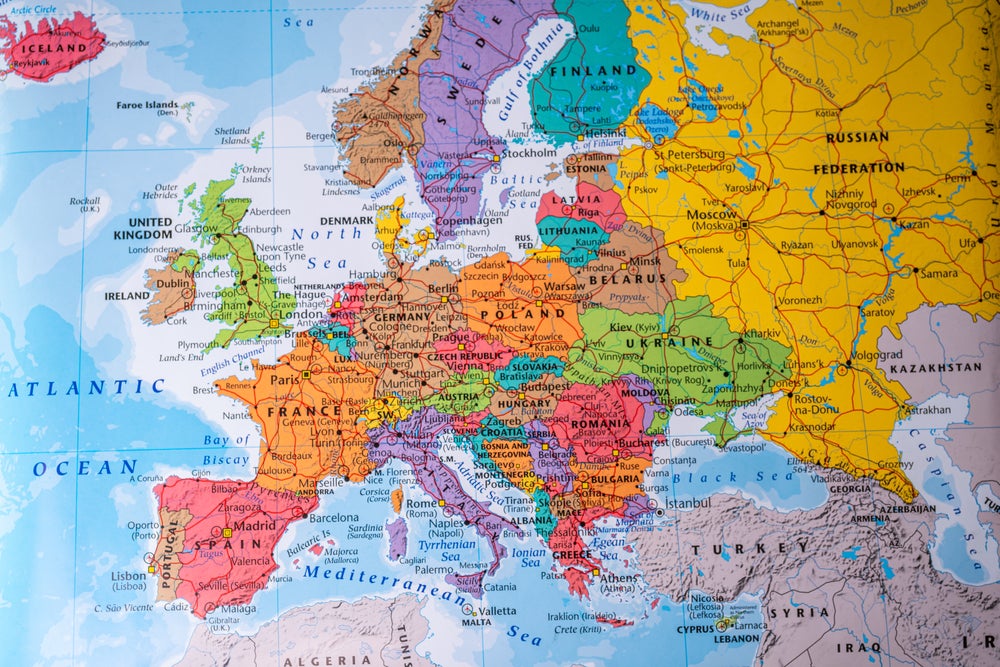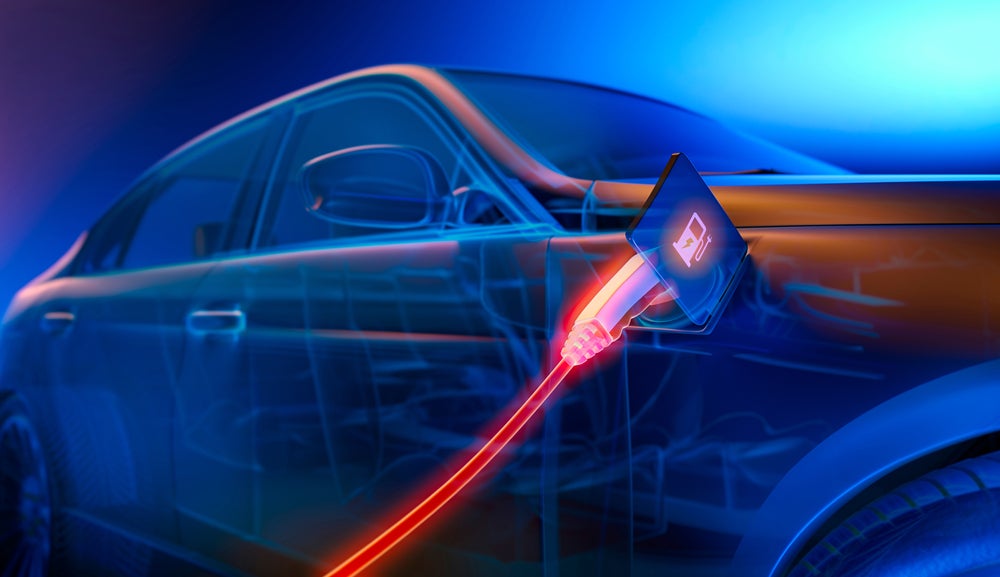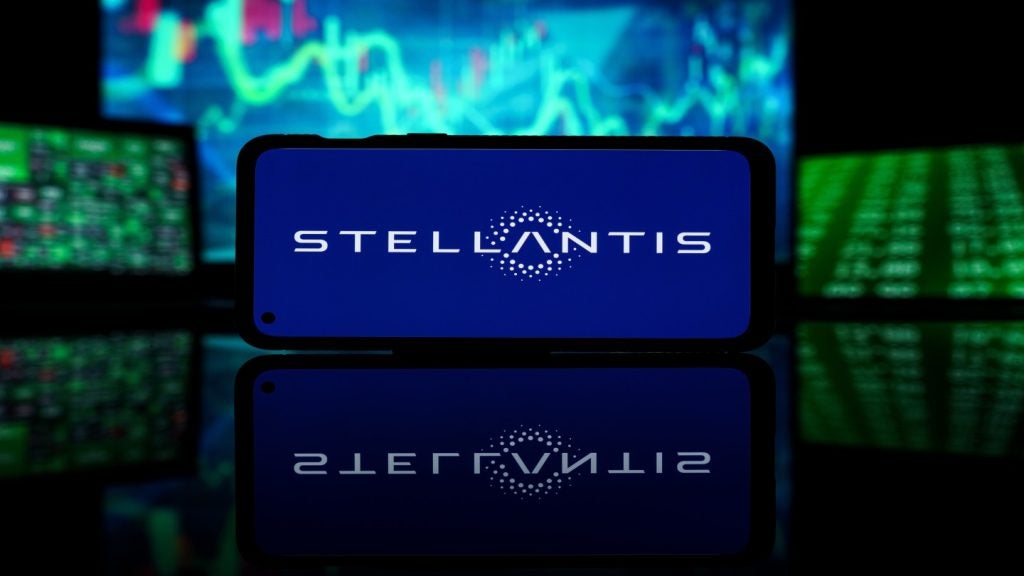
Government ZEV quotas on auto manufacturers to sell an ever-increasing percentage of zero-emission vehicles each year will continue despite the ban on sales of new petrol and diesel cars being delayed by five years.
According to the Zero Emission Vehicle (ZEV) mandate, from January 2024, just over 20% of cars sold must be electric, with the target expected to hit 80% by 2030.
Downing Street told reporters last week the mandate would remain even though Prime Minister Rishi Sunak announced last week that the ban on ICE cars would be moved to 2035.
Under government rules, if a car maker fails to hit its ZEV targets it will either face fines of £15,000 per car (and £18,000 per van) or have to buy surplus credit from a company that has sold excess EVs. However, firms may be allowed to claim back penalties if they surpass their quota in future.
In June 2023, research by New AutoMotive found that 32 ZEV-eligible manufacturers would fall short of meeting the 2024 targets, based on their existing sales projections, and face a collective charge of up to £730m.
Brands that are leading the pack in EV manufacturing - Tesla, MG and Polestar (Volvo) - are likely to be the beneficiaries of the ZEV mandate. While, manufacturers such as Ford, Toyota, Audi and Land Rover are expected to be in the market for buying credits to achieve their quotas.
How well do you really know your competitors?
Access the most comprehensive Company Profiles on the market, powered by GlobalData. Save hours of research. Gain competitive edge.

Thank you!
Your download email will arrive shortly
Not ready to buy yet? Download a free sample
We are confident about the unique quality of our Company Profiles. However, we want you to make the most beneficial decision for your business, so we offer a free sample that you can download by submitting the below form
By GlobalDataIndustry observers said that the 5-year delay in outlawing ICE vehicles would exacerbate problems for this second group of manufacturers as Sunak's announcement would dampen the mass market demand for EVs.
Other observers emphasised that the delay on the ICE ban may encourage manufacturers to cut prices to boost sales and meet their targets.
Ian Plummer, commercial director of Auto Trader, told the BBC: "Electric vehicles carry a hefty price premium, so if prices come down, they'll suddenly become a far more attractive proposition for a greater pool of car buyers."
According to Auto Trader, the average price of a new electric vehicle is 39% more expensive than a petrol or diesel equivalent. Prices for second-hand electric cars are almost double (£32k) on average compared to used petrol and diesel cars (£16k).
Mike Hawes, chief executive of the Society of Motor Manufacturers and Traders (SMMT), said that the pressure exerted from ZEV quotas on the industry will be a big driver behind net zero and overshadow any softening of demand from the 5-year delay ban on ICE vehicles.
However, he said the government's announcement needed "to be backed up with a package of attractive incentives and measures to accelerate charging infrastructure to give consumers the confidence to switch. Carrots move markets faster than sticks.”
The Finance & Leasing Association's director general, Stephen Haddrill, took issue with the betrayal of good faith on the original 2030 deadline the industry was using to base its investment decisions, saying the announcement "represents millions of pounds of mis-directed or mis-timed investment. As for the wholesale funders who provided that finance for firms, regaining their trust will be an uphill battle.”







